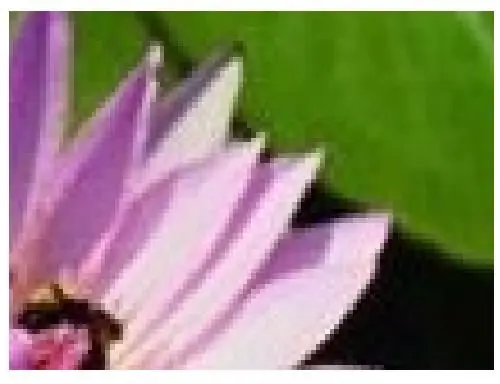A raster image is an image adapted for computer graphics and consisting of individual points or rasters. At the moment, this is the most common type of graphics. Basic formats: *.gif, *.jpg, *.png, *.bmp, *.tiff, * raw.

Necessary
- Camera or scanner
- Bitmap program
Instructions
Step 1
Draw a picture or select a photo. Scan the image, take a photo of it, that is, in one way or another, convert it to digital format. Import the picture into the graphics editor of your choice. Gradually increasing the viewing scale, notice that the image gradually disintegrates into separate squares, each of which is filled with a different color. These squares are called pixels, or rasters, and are the basis of your image.
Step 2
Analyze the file size. Choose the color model you clicked (RGB, CMYK) that will help you display the color reproduction correctly. With the help of the editor, remove or add details, correct the frame, sharpness, color gamut. Select the resolution of the picture (the value of the optimal display on the screen). Resolution is measured in pixels (rasters), that is, it is counted by the number of pixels your picture contains horizontally and vertically. Small resolution is considered a size - up to 500 pixels along one edge, medium - up to 1024 pixels along the edge, everything else is considered a high resolution. Large pictures eat up a lot of memory and can take a long time to upload to the network.
Step 3
Select the compression algorithm you need and save the picture. *. Gif is suitable for small images and animations of two or three frames published on the network, the optimal ratio of quality and file compression is provided by the *.jpg"






